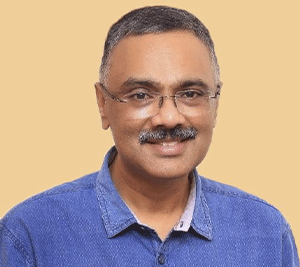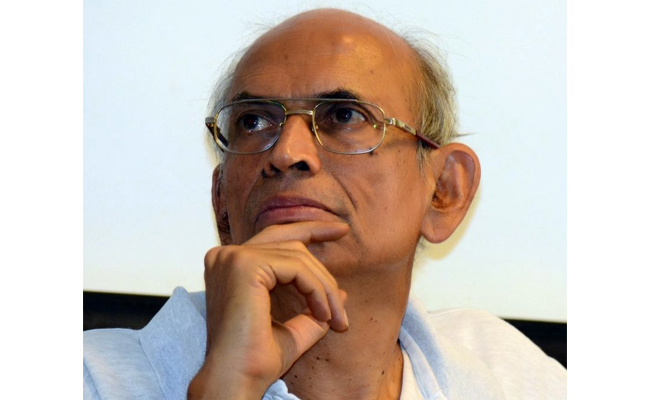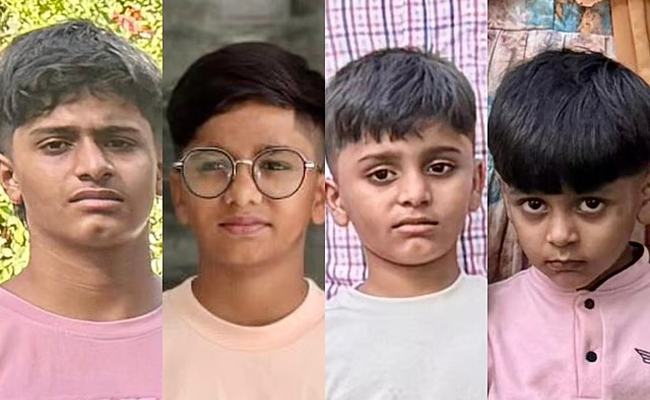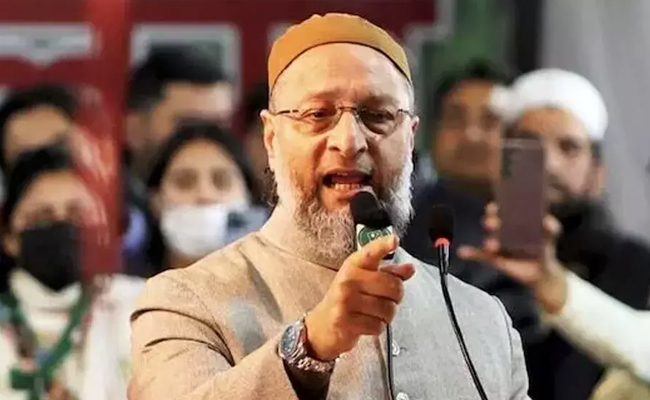On Friday, the Tejas light combat aircraft (LCA) in Bengaluru received the inauguration of a third production line by Defence Secretary Giridhar Aramane.
Currently, Hindustan Aeronautics (HAL) has two assembly lines for LCA in Bengaluru. These assembly lines enable HAL to produce 16 Tejas fighters annually without
According to the chairman and managing director of HAL, C B Ananthakrishnan, the company will have the capability to increase the production capacity of Tejas Mark 1A from 16 to 24 aircraft yearly with the introduction of the new line.
The Indian Air Force has ordered 40 Tejas Mark 1 and 83 Tejas Mark 1A fighters from HAL, and it is crucial to expedite their production to free up the Tejas assembly lines for the manufacturing of six squadrons of Tejas Mark 2 aircraft. According to senior officials at HAL and Aeronautical Development Agency (ADA), the production of Tejas Mark 2 is not expected to commence until 2027-28.
The process of creating the Tejas Mark 2 will require the replacement of the current General Electric F-404 engine with the more powerful GE F-414, as well as upgrades to the avionics and weaponry. It is estimated that it will take until 2025 to complete the prototype development, followed by an additional two to three years for flight-testing and production preparations.
At present, HAL is striving to retain the production lines engaged until 2028 by fulfilling the IAF's request for 83 Tejas Mark I-A
The Mark 1A is expected to have greater speed and maneuverability compared to the existing model.
To improve the speed and agility of the current Mark I fighter, the Mark 1A is proposed. The development of this fighter would require the reduction of 800 kg in weight, specifically in areas such as the landing gear which are currently designed to be overly robust for safety reasons.
HAL has suggested removing 300 kg of weight that is currently spread out across the Mark I in order to create a more evenly balanced fighter.
Sukhoi-3OMKI overhauled
Today, the Indian defence secretary presented the Indian Air Force with the 100th Sukhoi-3OMKI fighter plane after it had undergone repair and overhaul at HAL's Nashik Division.
The speaker praised the actions of HAL in creating a ROH center for the Su-30MKI and a new production line for LCA manufacturing, acknowledging the significance of the Indian government's Aatmanirbhar Bharat policies and HAL's important role in implementing them.
Despite facing supply chain problems due to the present geopolitical situation, HAL's Nashik unit has successfully reached the highest capacity for overhauling 20 Sukhoi-30MKI planes annually.
In 2014, the Nashik division established a unique ROH facility for their 272 Sukhoi-30 MKI aircraft, making it the first of its kind worldwide. Hindustan Aeronautics Limited (HAL), with the help of the Indian Air Force (IAF), regulatory bodies, and private industries, gained expertise in ROH technology after producing and repairing MiG-series and Sukhoi-3OMKI fighters.




Girish Linganna
Aerospace & Defence Analyst
Let the Truth be known. If you read VB and like VB, please be a VB Supporter and Help us deliver the Truth to one and all.
Pune (PTI): Noted ecologist Madhav Gadgil, known for his work on the conservation of Western Ghats, has passed away in Pune after a brief illness, family sources said on Thursday.
He was 83.
Gadgil breathed his last late Wednesday night at a hospital in Pune, the sources said.
He played a pioneering role in shaping India's ecological research and conservation policy.
Gadgil was the founder of the Centre for Ecological Sciences at the Indian Institute of Science (IISc), Bengaluru, and chairman of the Western Ghats Ecology Expert Panel (WGEEP), popularly known as the Gadgil Commission.
In 2024, the United Nations presented Gadgil with the annual Champions of the Earth award, the UN's highest environmental honour, for his seminal work on the Western Ghats, a global biodiversity hotspot.
He had chaired the government-constituted Western Ghats Ecology Expert Panel to study the impact of population pressure, climate change, and development activities on the ecologically fragile region in India.
In 2010, Gadgil was appointed chairman of the panel, which submitted a landmark report recommending that a significant portion of the Western Ghats be designated as ecologically sensitive. While the report triggered intense debate, it is widely regarded as a milestone in India's environmental discourse.
Born in Pune on May 24, 1942, Gadgil hailed from an illustrious academic family. His father, Dhananjay Ramchandra Gadgil, was a noted economist and former director of the Gokhale Institute.
Madhav Gadgil graduated in biology from Fergusson College in 1963 and completed his master's degree in zoology from the University of Mumbai in 1965. He went on to pursue a PhD from Harvard University in 1969, where he worked on mathematical ecology and animal behaviour.
After returning to India in 1971, Gadgil joined the Indian Institute of Science in 1973.
During his tenure at IISc, he established key institutions, including the Centre for Ecological Sciences and the Centre for Theoretical Studies, laying the foundation for modern ecological research in the country.
He retired from IISc in 2004 and later continued his academic engagement with the Agharkar Research Institute in Pune and the University of Goa.
Gadgil served on several high-level national and international bodies, including the Scientific Advisory Council to the Prime Minister, the National Advisory Council, and the National Tiger Conservation Authority.
A prolific researcher and writer, Gadgil authored or co-authored several influential books, including 'This Fissured Land' and 'Ecology and Equity', and published over 250 scientific papers.
He was also a regular columnist, writing extensively in English and Marathi to popularise ecological awareness.
Gadgil's contributions earned him numerous national and international honours, including the Padma Shri (1981), Padma Bhushan (2006), Shanti Swarup Bhatnagar Prize, Volvo Environment Prize, and Tyler Prize for Environmental Achievement.
His last rites will be performed later in the day.





